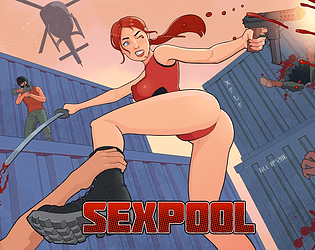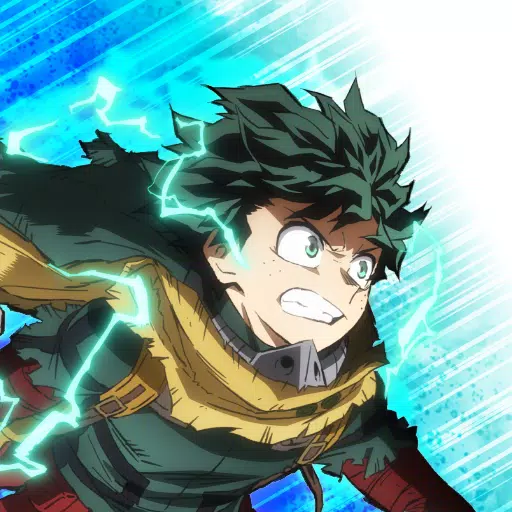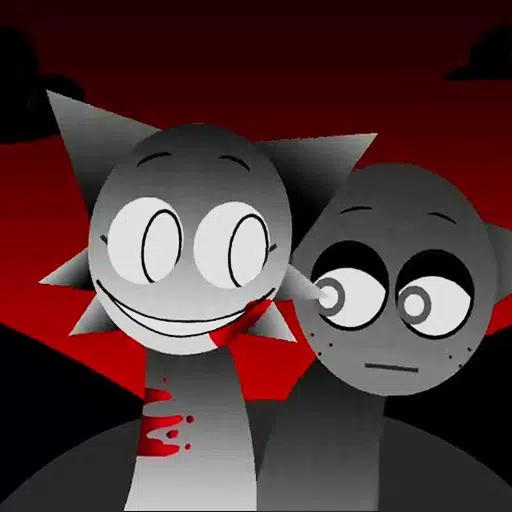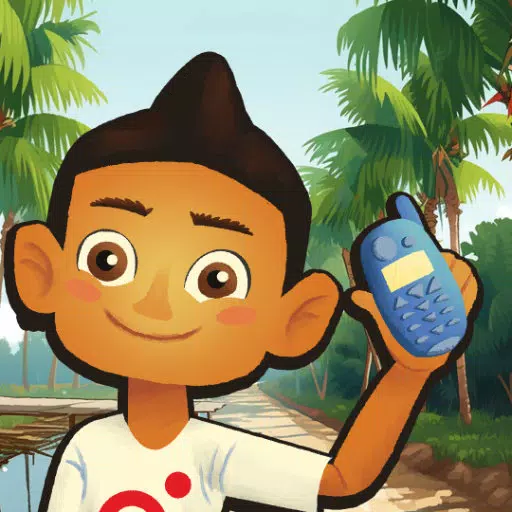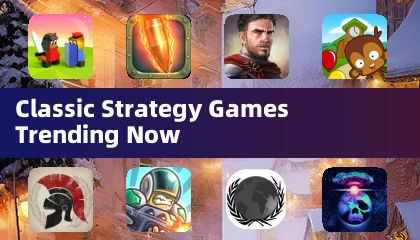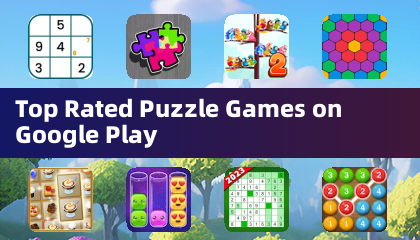Creatures Inc., the developer behind Pokémon Trading Card Game Pocket, has recently distributed 1,000 Trade Tokens to players, sufficient for only two major trades. This move comes as the company continues to explore solutions for the contentious trading mechanic that has sparked widespread criticism. Players logging in today will discover these tokens in their Gift menu, though without an accompanying message. Creatures Inc. expressed gratitude on X/Twitter for the community's feedback and patience amidst the ongoing controversy.
Last week, the introduction of trading to the game led to a barrage of negative feedback, with the developer being labeled as "hilariously toxic," "predatory," and "downright greedy." The trading system in Pokémon TCG Pocket not only restricts players from freely opening packs or using the Wonder Picking feature but also limits trading without real-world currency expenditure. The addition of Trade Tokens as an extra layer of restriction was met with particular disdain, especially since acquiring these tokens requires players to delete five cards from their collection just to trade one of the same rarity.
Every Alternate Art 'Secret' Card in Pokémon TCG Pocket: Space Time Smackdown
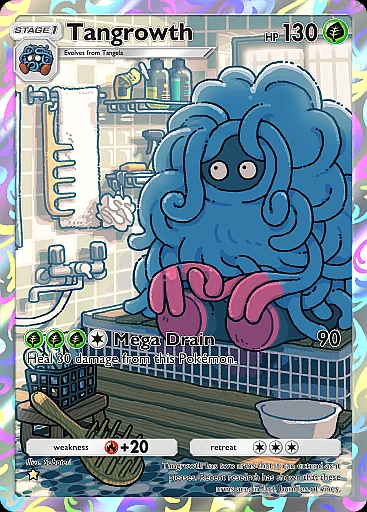
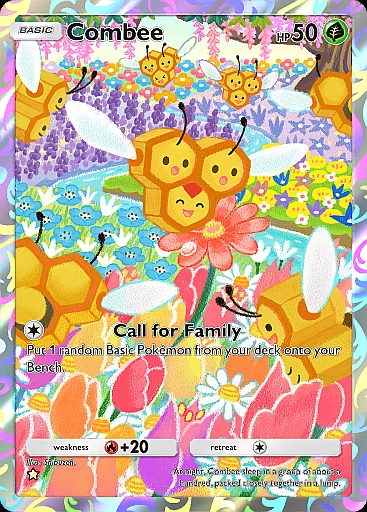 52 Images
52 Images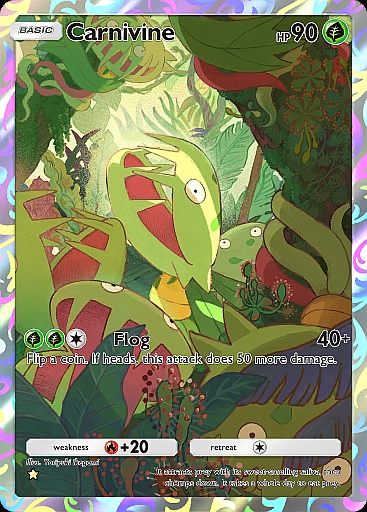
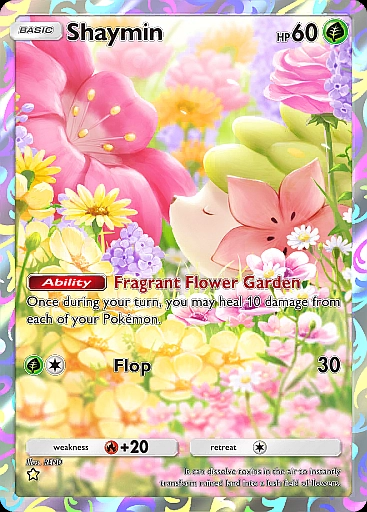
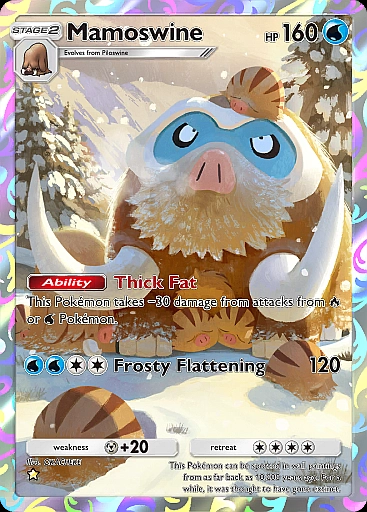
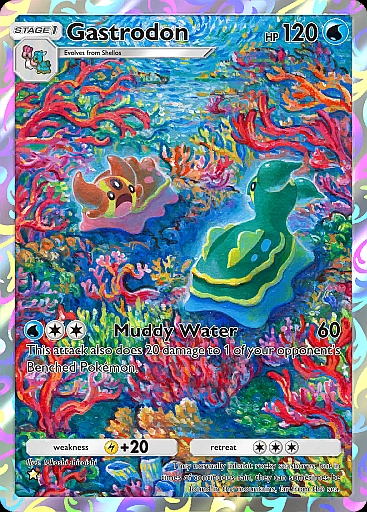
It has been eight days since the trading feature was launched, following an announcement almost three weeks prior that had already hinted at fan dissatisfaction. Creatures Inc. acknowledged the concerns at the time, encouraging players to test the feature and provide feedback. However, the implementation fell short of expectations, leading to further outcry. In response, the developer admitted that some restrictions were hindering casual enjoyment of the trading aspect.
Creatures Inc. promised to address these complaints by introducing necessary items as rewards in future events, yet the recent Cresselia ex Drop Event on February 3 failed to deliver on this promise. The trading system's design is perceived by many as a deliberate strategy to boost revenue for Pokémon TCG Pocket, which reportedly earned $200 million in its first month before trading was even available.
Further evidence of this revenue-driven approach is the prohibition on trading cards of 2 Star rarity or higher. Without the ability to trade for missing cards, players are pushed towards spending real money, ranging from $10 to $100 or more, for a chance to obtain them. One player, for instance, spent approximately $1,500 just to complete the first set, while the third set in three months was released last week.



